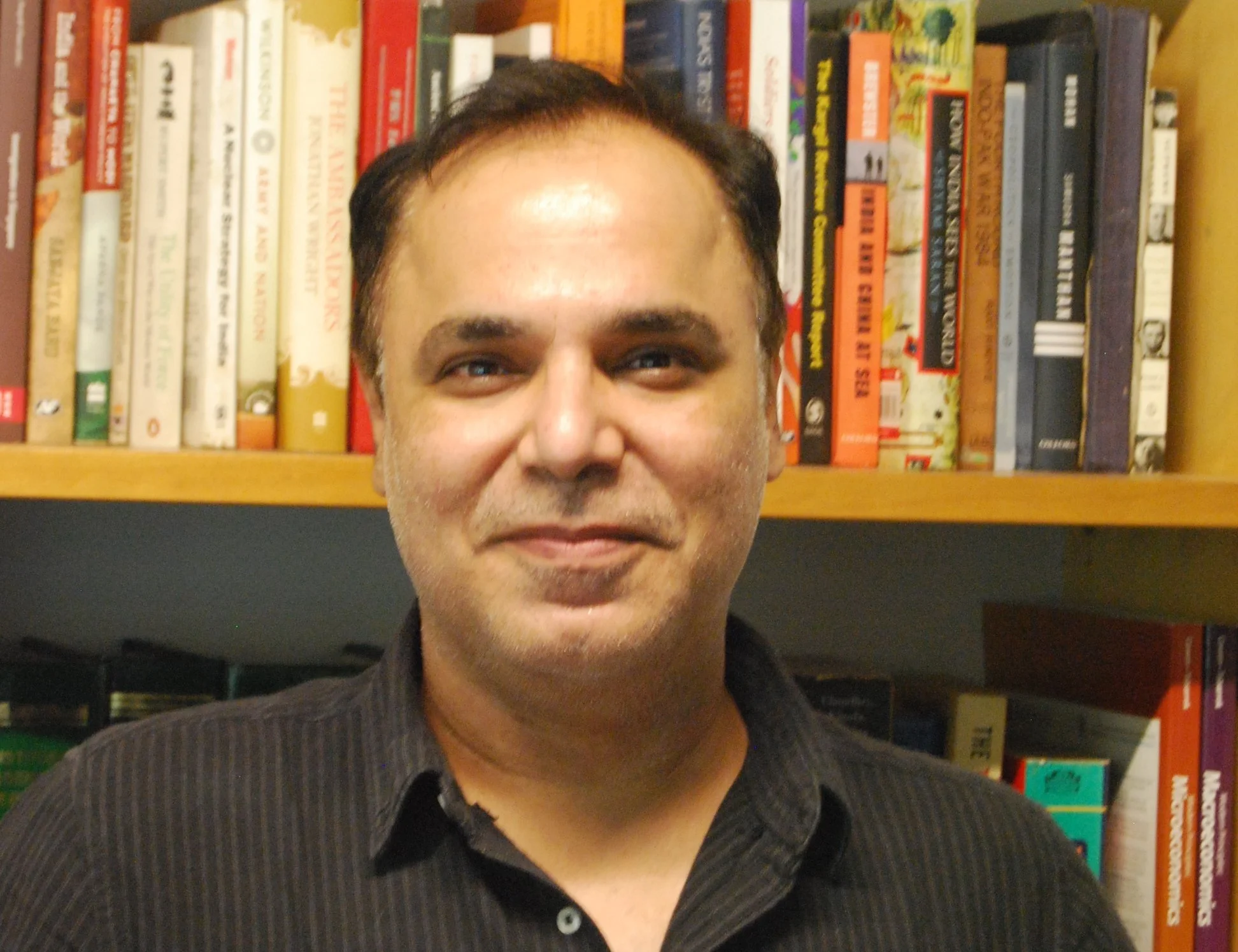Moving Towards 20th Central Committee
This is Part 2 of the project to track PLA members in the CPC Central Committee. Click here to go to Part 1.
As we move towards the 20th Central Committee (20th CC) of the Communist Party of China, many armed force members of the 19th CC are likely to retire. Retired armed force members are less likely to be in the pool for appointment to the 20th CC.
Age is the first criterion for the retirement of armed force members. 36.36% (24 out of 66) of PLA members in 19th CC are aged 65 and above. The age distribution of the PLA members in the 19th CC is given in the adjoining figure. The retirement age for PLA officers, when it comes to active service, is 65 years. This means that around 36% (24) members of the armed forces who are part of the 19th CC will retire from active service before the 20th CC. It is likely that these individuals will not be re-elected during the 20th Party Congress. However, those who are below the age of 65 are likely to be eligible for election to the 20th CC, and they can serve a full five-year term thereafter.
Members Likely to Retire (aged 65 and above)
PLA Members Likely to Retire due to Other Reasons
Following PLA members of the 19th CC are not above the age of 65, but they are likely to retire from active service due to other reasons. For example, after Central Military Commission (CMC) issued the 2021 “Interim Regulations on the Management of Officers in Active Service” (现役军官管理暂行条例) and supporting regulations (effective from 1 Jan 2021), some officers will retire after serving 8 consecutive years as deputy level officers. Other similar regulations mandate the retirement of officers (Zhang, Kejin, 2021)
Armed force officers who retire before 65 due to other reasons are less likely to be appointed to the 20th Central Committee.
Ma Zhenjun (麻振军): In March 2021, he was expected to retire from active service due to his consecutive tenure as a deputy theatre officer of PLA Air Force (PLAAF) for more than 8 years per the new "Interim Regulations on the Management of Officers in Active Service." He has most likely retired as two new Deputy Commanders of PLAAF, Wang Wei (王偉) and Jia Zhigang (賈志剛) were appointed in March 2021.
Xu Anxiang (徐安祥): He was expected to retire since he had a consecutive tenure as Deputy Theatre Commander for 8 years as per new regulations in "Interim Regulations on the Management of Officers in Active Service."
Sheng Bin (盛斌): He was expected to retire in Dec 2021 since he reached the maximum age for serving as a deputy theatre level officer. He was Minister of the National Defense Mobilization Department of the Central Military Commission. He has most likely retired since his successor, Liu Faqing (刘发庆), was appointed in his place (Yu, 2022).
Wu Jieming (吴杰明): He was expected to retire as Political Commissar of National Defence University in Aug 2021. As Zhang He (郑和) was appointed as Political Commissar of National Defence University, Wu Jieming seems to have retired (Song, 2021).
Yu Guang (禹光): He was expected to retire from active service in Dec 2021 as he reached the maximum age of service serving as Deputy Political Commissar of PLA Rocket Force (PLARF).
PLA Officers Promoted by Xi Jinping (2012-Present)
Xi Jinping has promoted 67 PLA officers to the highest-ranking position of General/Admiral since his ascension as Chairman of the Central Military Commission (CMC) in November 2012. Out of these 67 officers, 39 were promoted to the highest ranks during Xi’s second term as Party General Secretary and CMC chairman.
There are few clear rules for the promotion of PLA officers at higher ranks. However, some precedents and norms have emerged over the years. Sometimes officers are promoted based on loyalty and sometimes based on competence depending on the situation. The 2021 “Interim Regulations on the Management of Officers in Active Service” (现役军官管理暂行条例) (henceforth ‘2021 Interim Regulations’) does provide some insight into some criteria of selection, promotion, rank, and retirement (Zhang, Kejin, 2021).
Most of the officers in the list below were promoted before the implementation of new interim rules in January 2021. Hence, it is unlikely that new rules were considered while promoting officers in the last 2 years. However, the 2021 Interim Regulations might play a role in considering the next batch of officers for promotions. Apart from technical rules, political loyalty and other considerations also matter while promoting officers. In general, Chinese leaders tend to balance loyalty and competence as hypothesized by Daniel C. Mattingly in “How the Party Commands the Gun: The Foreign-Domestic Threat Dilemma in China” (Mattingly, 2022).
Since taking over as Chairman of CMC, Xi Jinping has emphasized the importance of talent and political ideology in the military numerous times. For example, while speaking at the Military Talents conference, Xi stressed that “talent holds the key to advancing the high-quality development of the Chinese armed forces, achieving victory in the military competition, and gaining the upper hand in future wars” (Xinhua, 2021). In the same speech Xi also highlighted the importance of adherence to political ideology, indicating loyalty to the party is an important factor in appointing armed forces personnel. He said, “political standards are the first criterion for military personnel, and political requirements are the most fundamental requirement for military personnel” (Xinhua, 2021).


